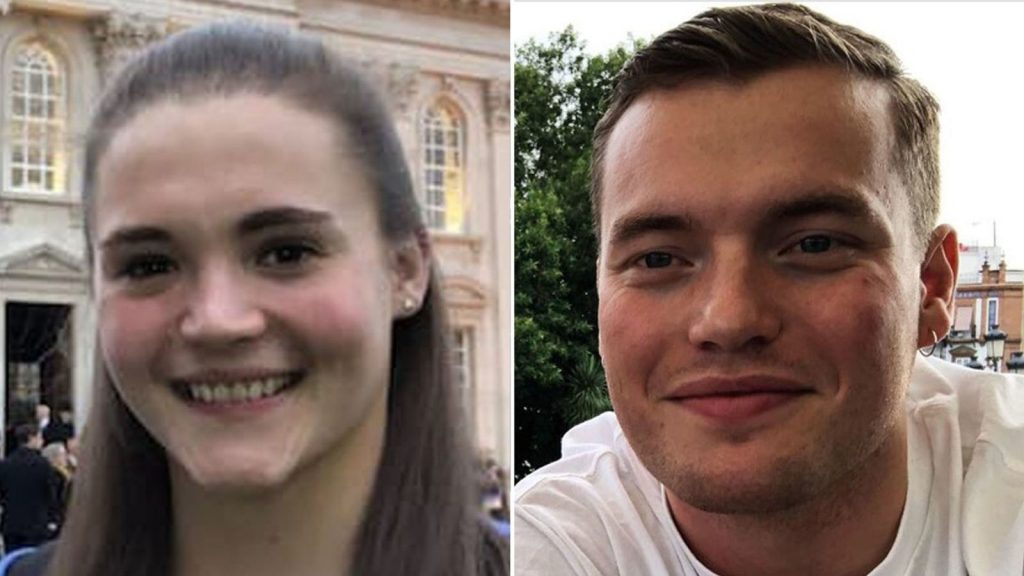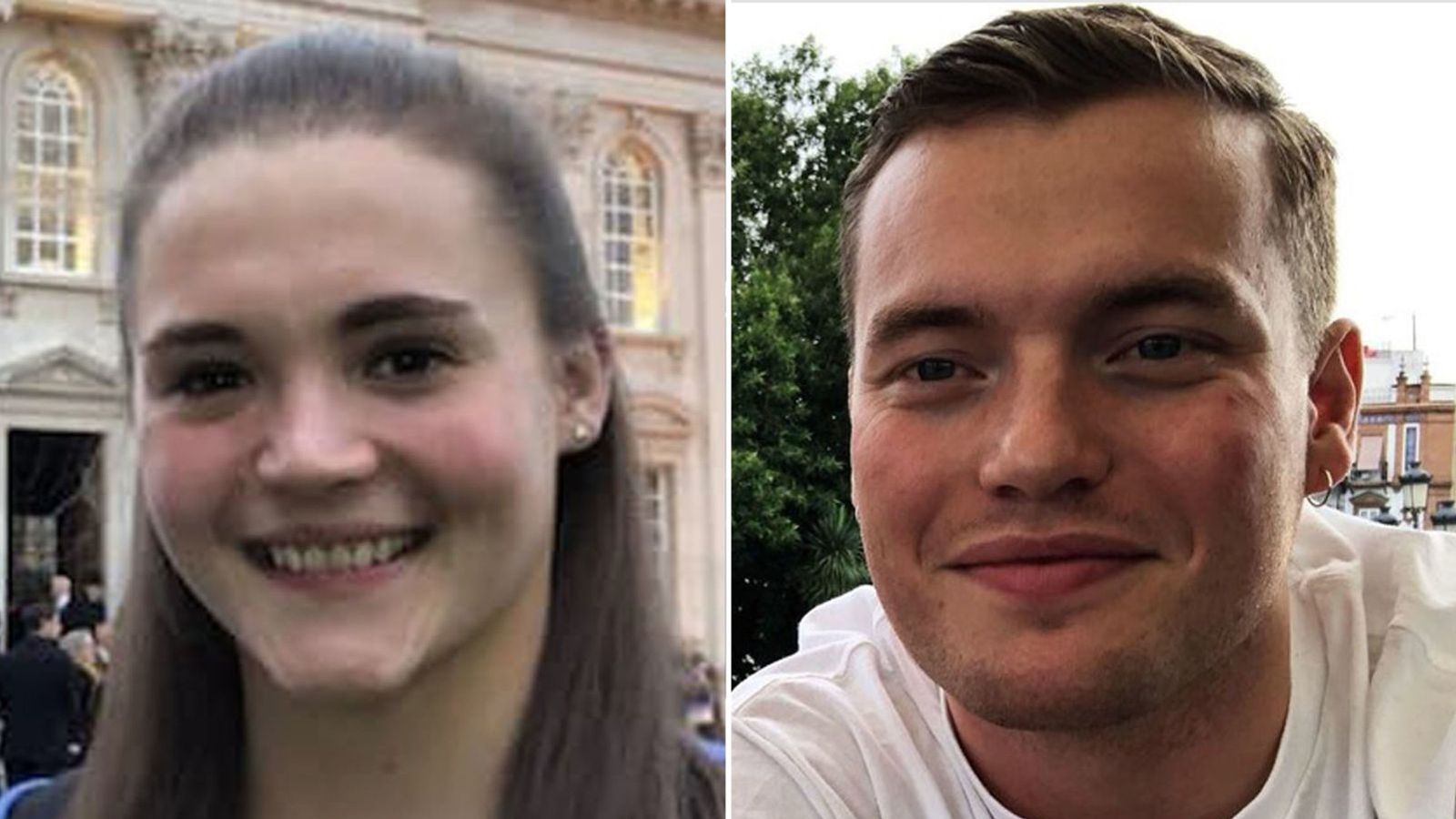The joint inquest into the murders of Jack Merritt and Saskia Jones has found that the pair were unlawfully killed. Jurors found that ‘omissions or failures’ contributed to the deaths of Merritt and Jones, who were fatally stabbed by ex-offender Usman Khan at a rehabilitation event eleven months after his release from prison.
Evidence given over the course of six weeks called into question assertions made by senior MI5 officers that there was nothing the security services could have done to prevent the attack. ‘MI5 could not have taken any action that would have materially changed the outcome on this case,’ said an MI5 officer anonymised as Witness A.
When asked why MI5 did not take further precautions having been made aware that Khan would be attending the event unescorted, she stated that ‘at the time there was no intelligence to suggest that he should not be allowed to attend’.
Police and probation officers responsible for the management of Khan following his release on license in December 2018 told the inquest that they were not aware of any MI5 involvement, with MI5 allegedly absent from Multi Agency Public Protection Arrangement (Mappa) meetings in 2019. The meetings, described by Jack Merritt’s father as a ‘shambles’, are designed to allow those responsible for the oversight of serious offenders to discuss whether licensees are sticking to conditions, and any risks which could trigger a return to prison. Witness A claimed that the service was in attendance at a number of Mappa meetings, but was unable to refer to specific occasions.
‘Everybody seems to have been walking around with their eyes closed and not seeing what they didn’t want to see,’ said Jack Merritt’s father David, speaking to reporters outside London’s Guildhall. ‘It [Mappa] was badly run. They didn’t know what they were dealing with.’ He went on to denounce the approach taken by the security services as ‘complacent and passive in the face of Khan’s extreme and continuing threat’. Despite apparent surveillance by police and security services, no agencies spotted Khan purchasing knives and equipment to make a fake suicide vest, and he was permitted to travel unescorted to the event.
The jury heard how intelligence predating Khan’s release suggested that he may ‘return to his old ways’, having been convicted in 2012 of plotting an attack under the banner of Al-Qaeda. Witness A confirmed that MI5 ‘did take steps to validate and corroborate those reports but were unable to do so’. According to the testimony of Amy Ludlow, co-founder of Learning Together, the host of the rehabilitation event, Khan was known in prison as ‘High Risk Khan’ and made no secret of his conviction or affiliations. Ludlow told how Khan had attended a separate Learning Together event earlier in 2019 accompanied by two police officers, and had assumed that Khan was no longer considered as dangerous by the time of the attack following ‘very rosy’ probation reports.
The jury concluded that there were ‘serious deficiencies’ in the way that Khan was managed following his release, and that his status as a ‘poster boy’ for rehabilitation had blinded authorities to the potential threats he posed. Praise was reserved for Jones and Merritt, who were described as ‘wonderful young people’. ‘They clearly touched the lives of so many, ours included’, jurors said.








